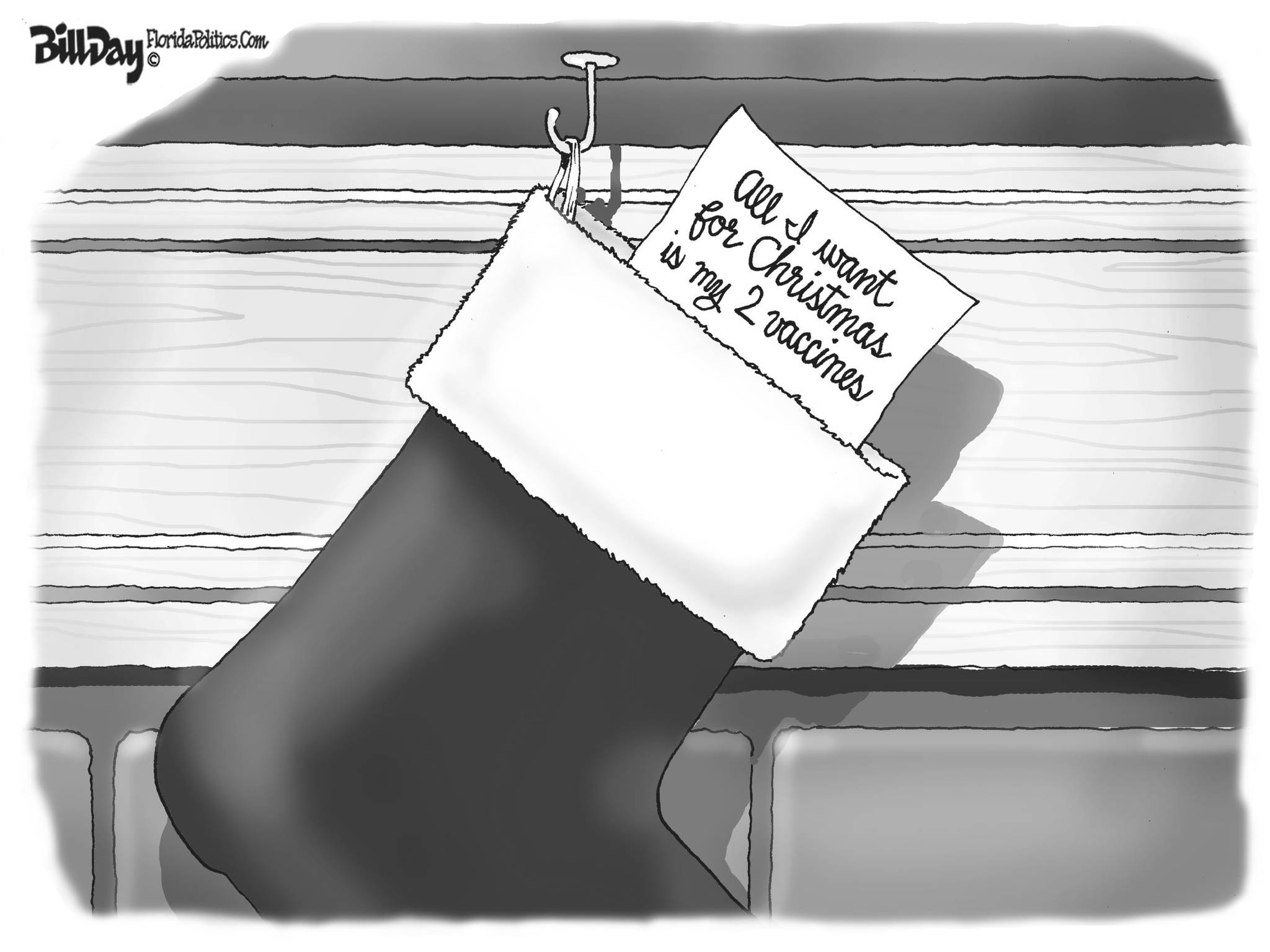By Rob Boston
InsideSources.com
Judging by the diversity of holidays observed this time of year, humans seem to have a need for a communal celebration in early winter. As the days grow shorter and cold weather grips much of the Northern Hemisphere, it’s comforting to be reminded that sunlight and warmth (and the crops they nourish) will return. Thus, many of these festivals, from the Saturnalia of pre-Christian Rome to today’s Christmas, often feature use of evergreens and lights and encourage merriment and gift-giving.
Winter festivals have evolved over time, and as the centuries passed, the way people celebrate them has also changed. In previous ages, government sought to compel people to behave in certain ways when it came to religion.
Theocratic European states of the Middle Ages believed there was only one “correct” expression of Christianity and forced everyone to follow the national or local model. But the right of conscience could not be squelched forever. Dissent was inevitable, and it came with righteous fury and, unfortunately, a similar spirit of religious intolerance. America’s early Puritans made it illegal to celebrate Christmas, considering it “popish.”
After America’s revolution, our founders decided to chart a different course: They disentangled religion and government, putting each on its own path to secure its own destiny and success. In doing so, they gave each of us a great gift: the power to decide for ourselves what faith, if any, we will follow and how we will practice it.
Today, there are some people who, like those old theocrats in Europe, are convinced that only their mode of worship is right and true. At this time of year, we often hear them complain about an alleged “war on Christmas.” What these people are really saying is that they are angry that not everyone chooses to celebrate the same way they do.
For millions of Americans, Christmas is a deeply religious holiday that marks the birth of Jesus. They attend religious services, pray, sing hymns and listen to scripture readings. For others, the holiday is primarily secular, with figures like Santa Claus, Frosty the Snowman and Rudolph the Red-Nosed Reindeer taking front and center. And many Americans mix the secular with the sacred and embrace elements of both.
But there are other choices. Some Americans celebrate holidays such as Hanukkah, Kwanzaa or Diwali, and others don’t celebrate at all. It’s a wonderful time of the year, really, because we have the right to choose.
The Christian nationalists among us who enjoy playing the role of the “Christmas Police” would love nothing better than to compel the rest of us to celebrate the holiday in just one way — theirs. They press government officials to display Christmas symbols in public places. They seek to infuse our public schools with pageants and events that elevate the spiritual elements of Christmas — something better done in a church. They even complain when they fail to hear “Merry Christmas” from a clerk in a big-box store or their coffee cup doesn’t look Christmas-y enough.
These people seem to think that unless the government, culture and even big business are actively endorsing their faith, then it’s under attack. In fact, religion does best when left to prosper on its own; it does not need the interference of the state. America’s tradition of separation of church and state has gifted us a vibrant, diverse religious life marked by thousands of Christian and non-Christian faiths. You are free to choose one. You are free to create your own, highly personal spiritual experience. You are free to reject them all. You are also free to change your mind, to argue, to debate and to contend for your ideas. What you’re not permitted to do is employ the power of the government as your theological enforcer.
During this time of year, let’s reflect on one of the greatest gifts we, as a people, enjoy: complete religious freedom secured by our constitutional promise of separation between church and state. That freedom gives you the right to worship or not as you see fit, as long as your actions don’t harm others or take away their rights.
This means that Dec. 25 can be a deeply moving and profoundly spiritual experience — if that’s what you want. Or it can be a day to watch silly holiday movies and open presents. Or it can be just another day on the calendar.
Freedom of conscience gives us the right to make that choice. What a wonderful gift it is. Let’s be thankful for it all year-round.
Rob Boston is editor of Church & State magazine, published by Americans United for Separation of Church and State in Washington. He wrote this for InsideSources.com.



